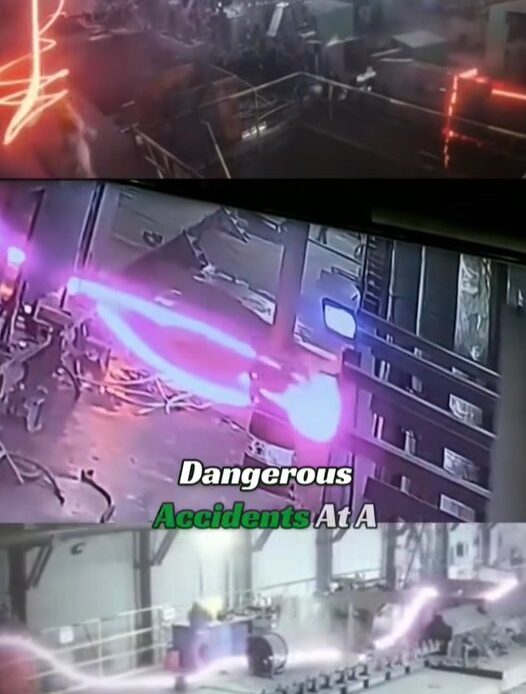As the demand for steel continues to rise globally, advanced steel production technologies play a crucial role in improving product quality, reducing costs, and promoting environmental sustainability. These groundbreaking advancements not only optimize production processes but also offer long-term benefits for the global steel industry. Let’s take a closer look at the most advanced steel production technologies in use today.
### 1. **Blast Furnace Technology**
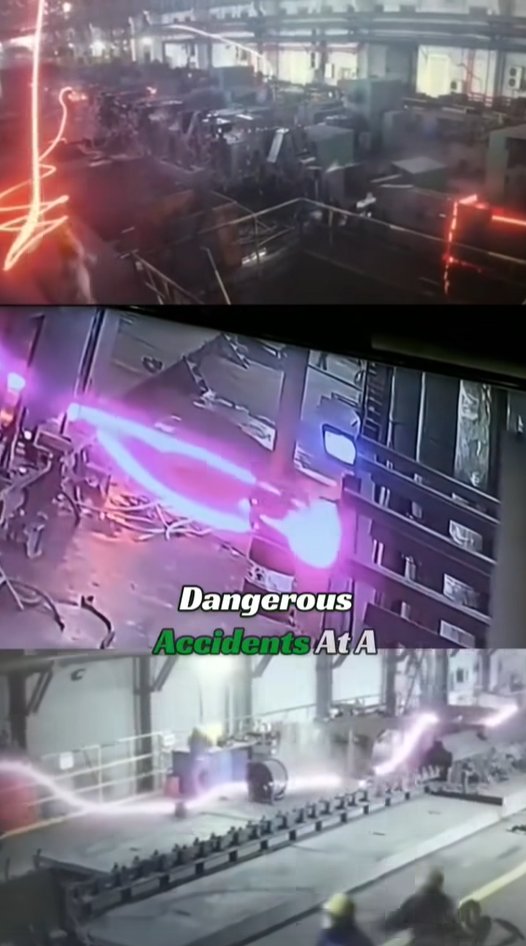
Blast furnaces are one of the oldest and most widely used methods for steel production. This traditional process involves smelting iron ore with coke and limestone in a large furnace at high temperatures. However, modern advancements in blast furnace technology have focused on enhancing energy efficiency and reducing CO2 emissions. Current blast furnaces integrate heat recovery systems and reduce pollutant emissions, helping to make the steel production process more environmentally friendly.
### 2. **Electric Arc Furnace (EAF) Technology**
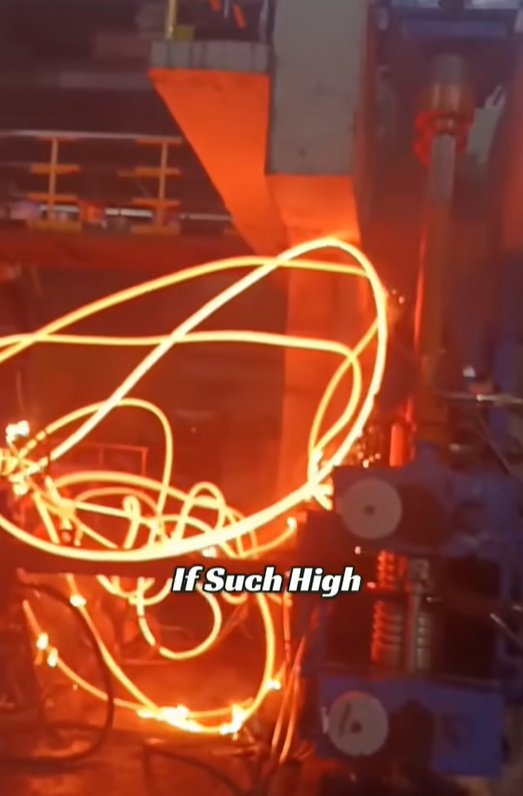
Electric Arc Furnace (EAF) technology is becoming increasingly popular due to its ability to recycle scrap steel and reduce raw material consumption. This process uses electrical energy to melt scrap steel, producing high-quality steel at lower costs. EAF technology not only saves resources but also results in significantly lower CO2 emissions compared to blast furnaces, making it an environmentally cleaner alternative.
### 3. **Continuous Casting Technology**
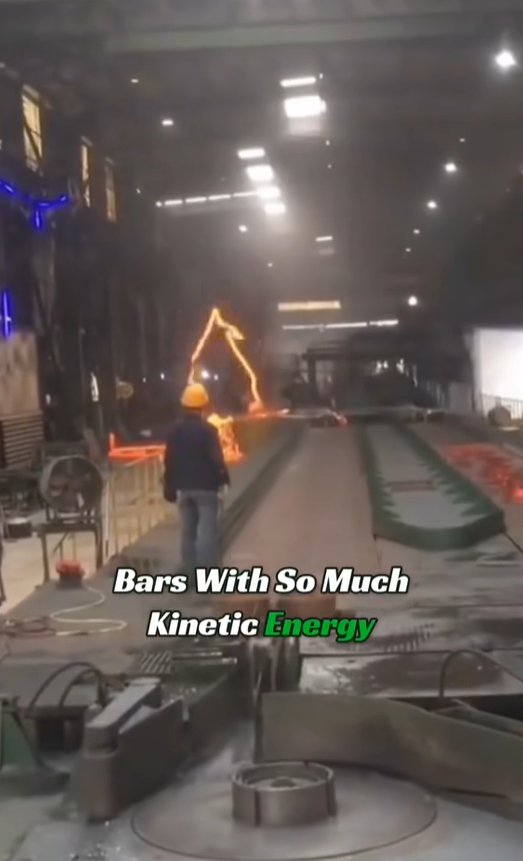
Continuous casting technology is a revolutionary method that allows molten steel to be directly shaped into solid forms, eliminating the need for traditional ingots. By casting steel continuously, this process improves efficiency, reduces labor costs, and enhances productivity. Continuous casting is essential for minimizing production costs while ensuring high-quality steel products.
### 4. **Stainless Steel Production Technology**
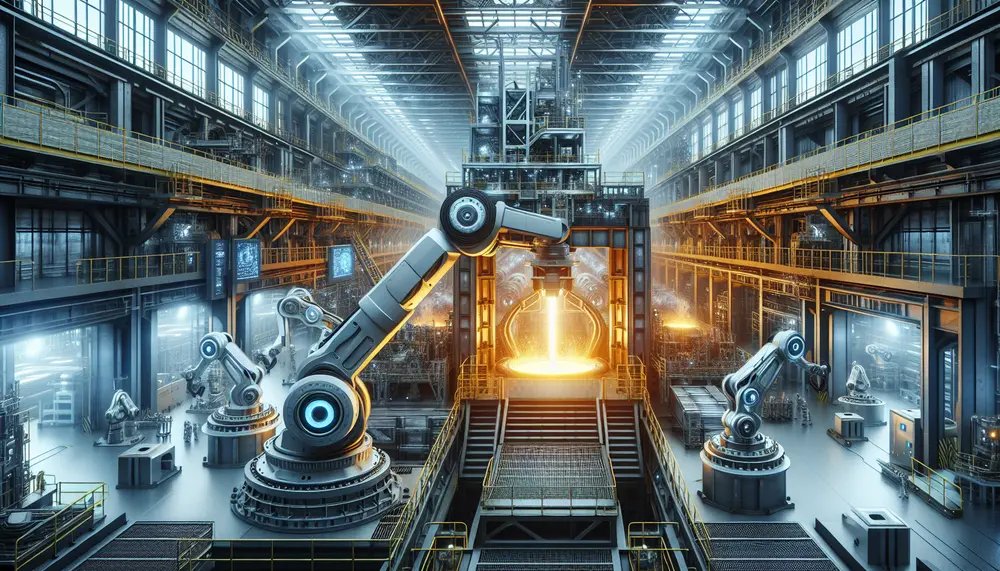
Stainless steel is one of the most important materials in modern industries. The production of stainless steel today involves using high chromium alloys to create a protective layer that resists corrosion. Advanced steel mills use electric arc furnaces, blast furnaces, and continuous casting technologies to produce high-quality stainless steel that is durable, corrosion-resistant, and aesthetically pleasing.
### 5. **Steel Recycling Technology**
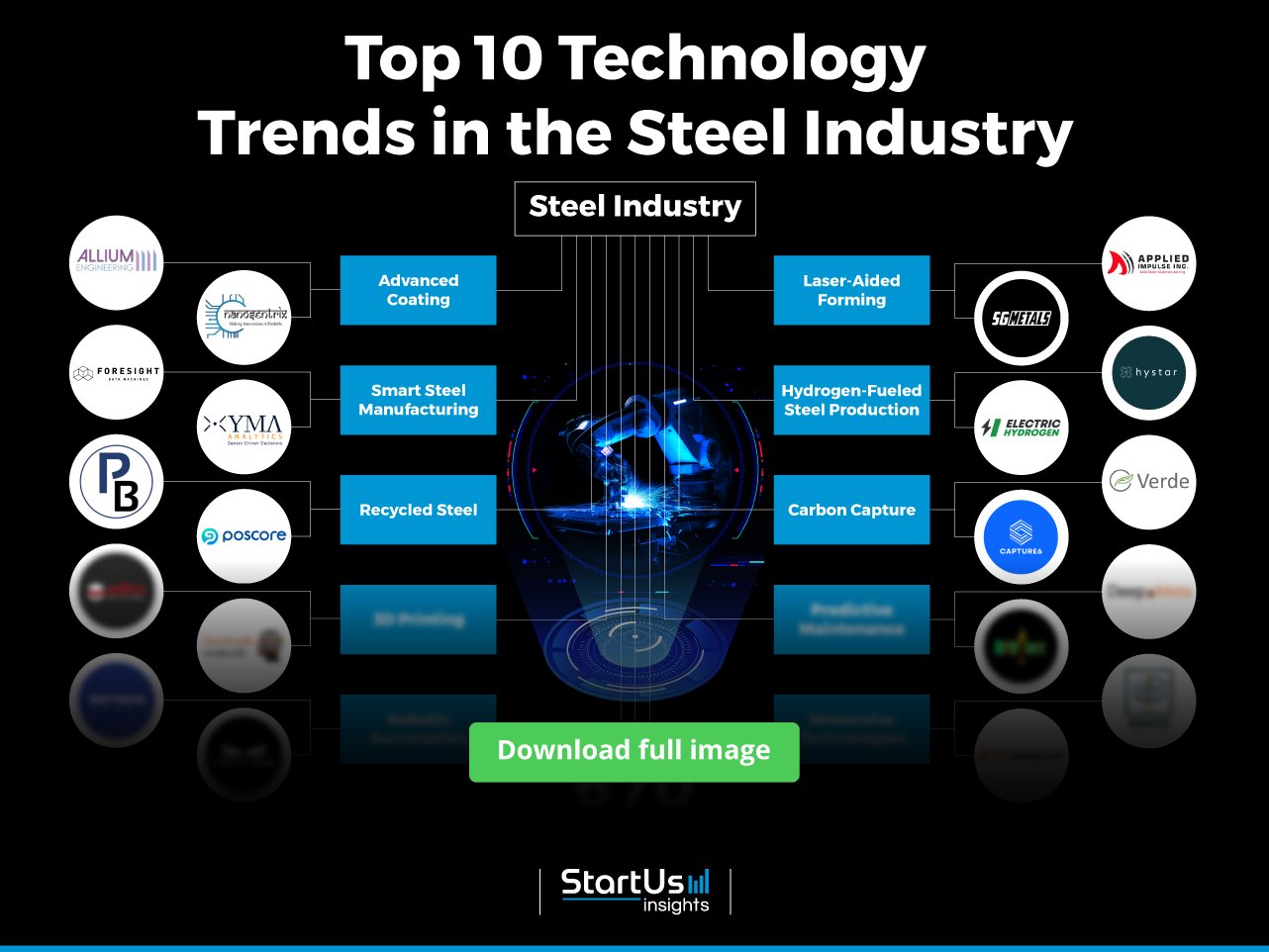
Steel recycling technology is gaining importance as it helps minimize waste and conserve resources. Recycling scrap steel into new steel reduces both material costs and energy consumption. Modern steel plants use highly efficient recycling technologies, particularly in electric arc furnaces, to produce high-quality steel while minimizing environmental impact. This process plays a vital role in achieving sustainability within the steel industry.
### 6. **Iron Ore Reduction Technology**
Iron ore reduction technologies are poised to revolutionize the steel industry by using hydrogen instead of coke to reduce iron ore into iron. This method produces water vapor instead of CO2, significantly reducing carbon emissions. Although this technology is still in the research and development phase, it holds great promise as a carbon-free solution for steel production in the future.
### 7. **Process Control Technology**
Advanced process control technology in steel production involves the use of automation systems and artificial intelligence (AI) to optimize the entire production process. These systems continuously monitor and adjust factors such as temperature, pressure, and chemical composition to ensure the production of high-quality steel while minimizing the chances of defects. By improving accuracy and reducing errors, process control technology boosts productivity and enhances overall production efficiency.
### 8. **Refined Steel Production Technology**
Refined steel production focuses on eliminating impurities from the steel, improving the quality of the final product. Methods like oxygen blowing, refining in electric furnaces, and using premium alloys help produce steel with exceptional strength, corrosion resistance, and ductility. This technology is particularly important for industries that require superior materials, such as aerospace, automotive, and construction.
The most advanced steel production technologies are transforming the steel industry, making it more efficient and sustainable than ever before. With innovations such as electric arc furnaces, continuous casting, steel recycling, and iron ore reduction technologies, the industry is moving closer to achieving its goal of sustainable development and reduced environmental impact.
If you are interested in learning more about the latest advancements in steel production technologies, or if you want to stay updated on future developments in this field, continue following industry news and expert insights.
